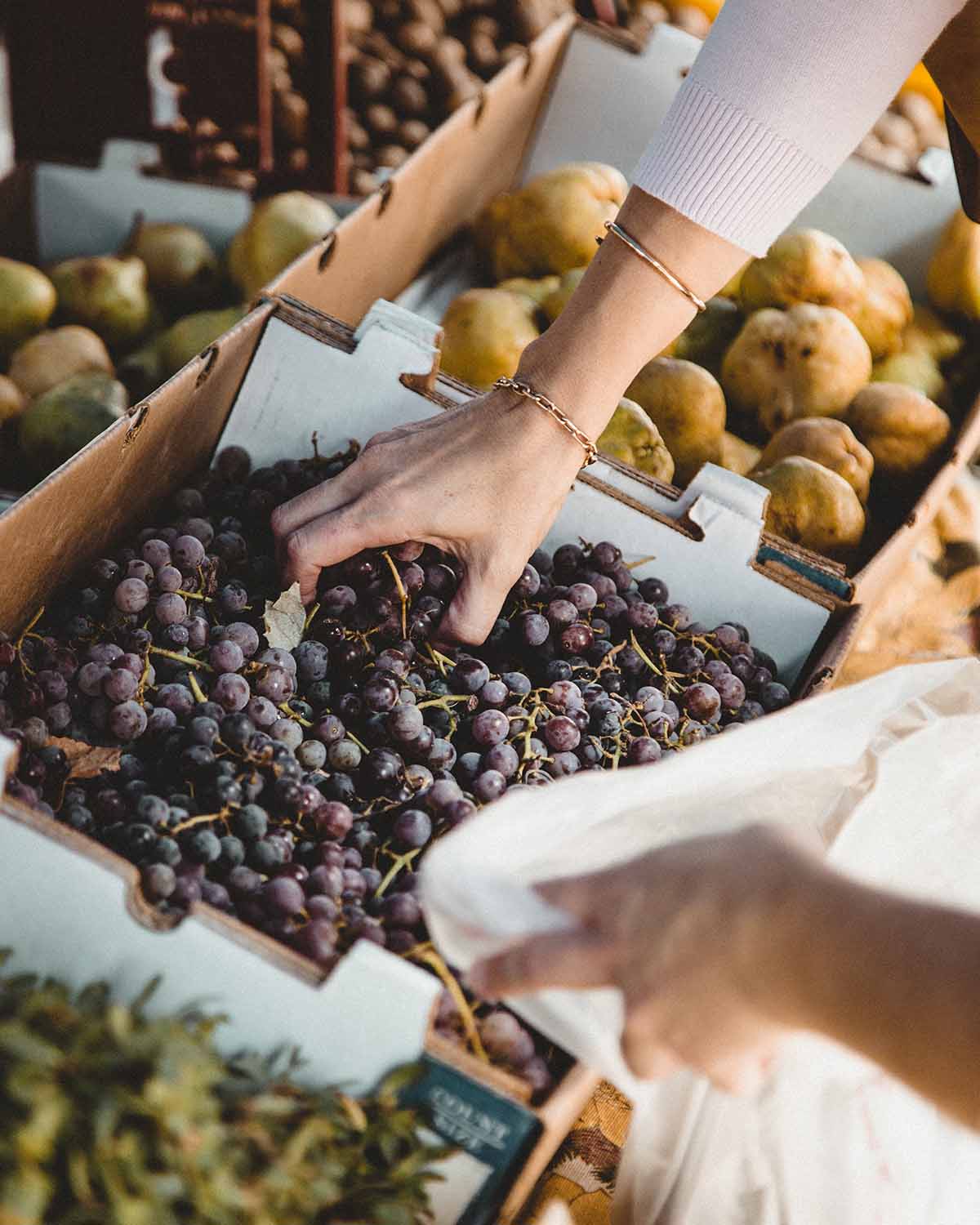Eat more Sustainably: Buy Seasonal and Local
With consumers demanding and expecting a plethora of diverse foods anytime of year, suppliers are happy to fill that need by sourcing food from all over the world; however, these eating habits have devastating environmental impacts when compared to buying foods in-season from your local farmer. A major concern with eating out-of-season and not locally is that transporting these foods long distances increases our dependence on fossil fuels, polluting our air, waterways, and so on. Food’s nutrition is also decreased because it’s picked prematurely and produced with more chemicals in order to survive shipping and handling overseas. Furthermore, this type of consumption does not support local farmers who typically practice small-scale, sustainable farming (i.e. better for the planet).
Let’s look at avocados as an example. This fruit has had major rebranding over the years, making it very popular. In 2015 alone, U.S. avocado sales soared to 1.9 billion pounds (or roughly 4.25 billion avocados), which is more than double the amount consumed in 2005, and four times as many sold in 2000. California and Mexico produce the majority of the world’s avocados and as a result, it has become a major cash crop for these areas. The growing season for this fruit is from March to late July, and yet, the world has avocados stocked in every grocery store all-year-round. If you’re eating avocados and they’re not native to your area and/or they’re out-of-season, you can safely assume that the transportation of this fruit caused more greenhouse gas emissions than if you had purchased a fruit grown closer to home.
Stocking your pantry with seasonally and locally sourced foods is the most sustainable way to eat. In addition to being healthier and better tasting, seasonally and locally sourced food has a smaller environmental footprint than traditional methods of getting your groceries. However, despite farmers’ markets rising popularity in the past years, mainstream grocery stores are still more widely used by consumers because of their competitive prices, convenience, and the variety of produce available year-round.
We get it–eating seasonally and locally can be tough. It’s challenging to eat diverse food groups in all seasons, especially if you live in an area that doesn’t support biodiversity. However, the team here at Luxiders believes changing eating (and buying) behaviors will dramatically improve your environment and health.




